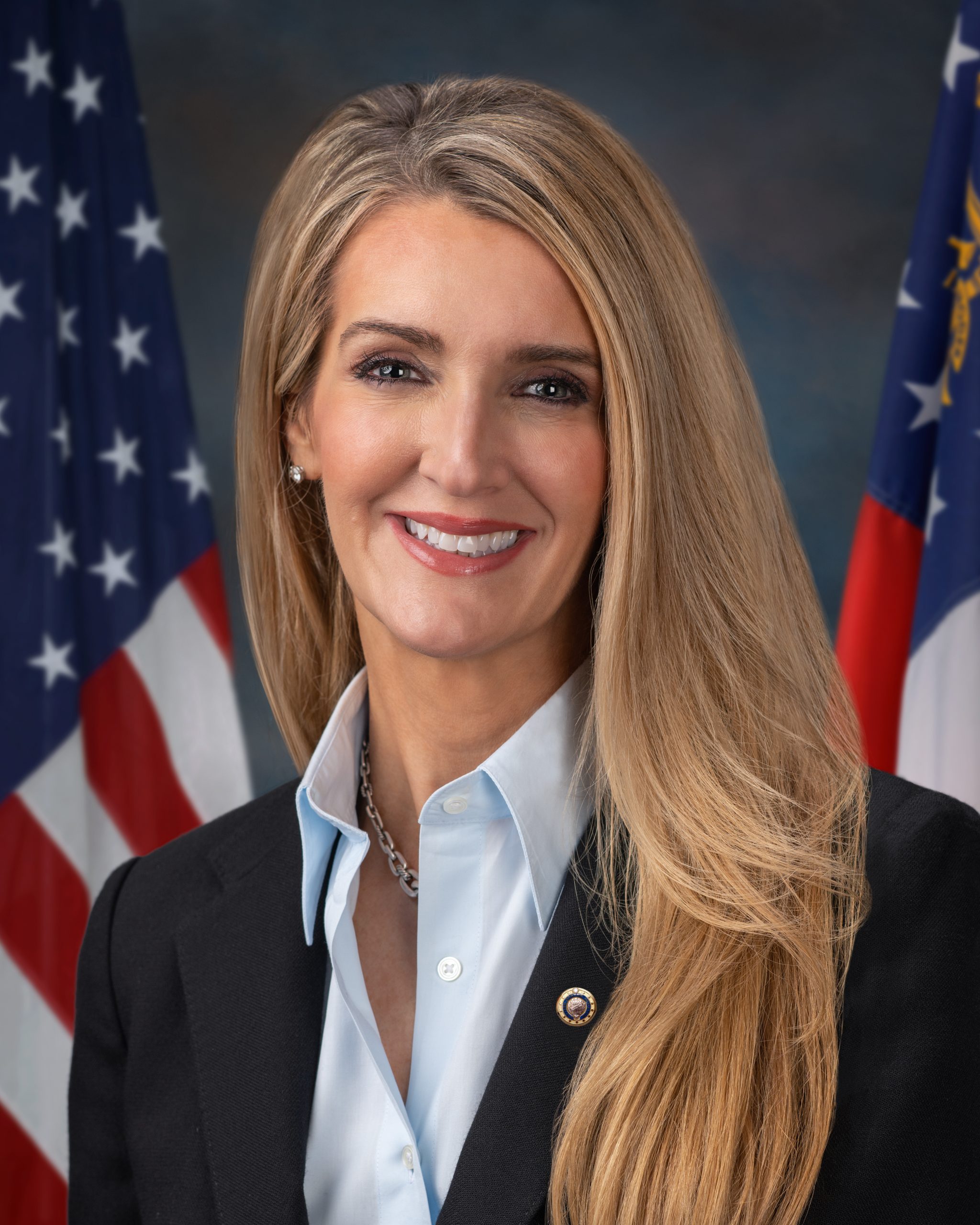Kelly Loeffler
Lifetime Score: 14%

S.J.Res. 68, introduced by Senator Tim Kaine (VA), invoked the War Powers Resolution to remove U.S. armed forces from hostilities with Iran following the assassination of Major General Qassem Soleimani. The Trump administration repeatedly took actions that escalated tensions with Iran. This measure exercised the powers assigned to Congress by the constitution to check the executive branch. The Senate passed the measure by a vote of 55-45. Foreign Policy for America supported the legislation.
The American Innovation and Manufacturing Act (S. 2754), introduced by Senator John Kennedy (LA), brings U.S. regulations of hydrofluorocarbons (HFCs) in line with U.S. obligations under the Kigali amendment to the Montreal Protocol. That represents a significant contribution to curbing U.S. carbon emissions and restoring U.S. leadership on climate change. The legislation concluded the 116th Congress with 34 cosponsors and was ultimately included in the FY21 omnibus spending bill. Foreign Policy for America supported this legislation and scored positively those who cosponsored it.
The Hong Kong Human Rights and Democracy Act (S. 1838), introduced by Senator Marco Rubio (FL), requires that the State Department certify annually whether Hong Kong is upholding the rule of law and warrants its unique status under U.S. law, and imposes sanctions on those responsible for human rights violations in Hong Kong. The legislation garnered 57 cosponsors in the 116th Congress, and ultimately was passed by the Senate by unanimous consent. Foreign Policy for America supported this legislation and scored positively those who cosponsored it.
Supporting gender equality means empowering women across every aspect of their lives. In reflection of that, Foreign Policy for America chose to score a collection of legislation that encompasses many of the areas in which women are either excluded or disproportionately affected across the world. We scored positively members who cosponsored at least three of these bills:
• The International Violence Against Women Act (H.R. 5267), introduced by Representative Jan Schakowsky, would require the United States to develop a global strategy to prevent and respond to violence against women and girls. This legislation concluded the 116th Congress with 138 cosponsors in the House. (2019)
• The Keeping Girls in School Act (H.R. 2153), introduced by Representative Lois Frankel (FL-21), improves access for adolescent girls around the world to receive a secondary education. This legislation garnered 117 cosponsors in the House in the 116th Congress and ultimately was passed by voice vote. (2019)
• The Support UNFPA Funding Act (H.R. 4722), introduced by Representative Chrissy Houlahan (PA-06), would restore U.S. funding for the United Nations Population Fund. This legislation concluded the 116th Congress with 126 cosponsors in the House. (2019)
• The Afghan Women’s Inclusion in Negotiations Act (H.R. 4097), introduced by Representative William Keating (MA-09), would require the State Department to report on the participation of women in the Afghan peace process.This legislation concluded the 116th Congress with 38 cosponsors in the House. (2019)
• The Global Health, Empowerment and Rights (HER) Act (H.R. 1055), introduced by Representative Nita Lowey (NY-17), would repeal the “global gag” rule. This legislation concluded the 116th Congress with 197 cosponsors in the House. (2019)
• The Women and Climate Change Act (H.R. 1880), introduced by Representative Barbara Lee (CA-13), would address climate change and its specific effects on women and girls. This legislation concluded the 116th Congress with 55 cosponsors in the House. (2019)
• The Greater Leadership Overseas for the Benefit of Equality (GLOBE) Act (H.R. 3874), introduced by Representative Dina Titus (NV-01), would enhance protections for LGBTQI+ individuals around the world. This legislation concluded the 116th Congress with 87 cosponsors in the House. (2019)
• The Reproductive Rights are Human Rights Act (H.R. 1581), introduced by Representative Katherine Clark (MA-05), would require the annual human rights report to include the status of reproductive rights in countries receiving U.S. foreign assistance. This legislation concluded the 116th Congress with 145 cosponsors in the House. (2019) • The Safe from the Start Act (H.R. 4092), introduced by Representative Grace Meng (NY-06), would help prevent gender-based violence around the world. This legislation concluded the 116th Congress with 50 cosponsors in the House. (2019) • The Girls’ Leadership, Engagement, Agency, and Development (LEAD) Act (H.R. 6626), introduced by Representative David Trone (MD-06), would require a U.S. strategy to strengthen adolescent participation, particularly girls, in democracy and governance.This legislation concluded the 116th Congress with 46 cosponsors in the House. (2020)
USMCA: The United States-Mexico-Canada Agreement (USMCA) Implementation Act (H.R. 5430), introduced by Representative Steny Hoyer (MD-05), implements the statutory provisions necessary to ensure U.S. compliance with the renegotiated trade agreement. The renegotiated deal improved protection of labor rights. The House passed the bill by a vote of 385-41. Foreign Policy for America supported the legislation.
S. 246, introduced by Senator Chris Murphy (CT), would prohibit the use of funds to carry out President Trump’s discriminatory Muslim travel ban. The travel ban did nothing to protect Americans or enhance U.S. national security. The legislation concluded the 116th Congress with 33 cosponsors in the Senate. Foreign Policy for America supported the legislation and scored positively those who cosponsored it.
S.Res. 579, introduced by Senator Dick Durbin (IL), recognizes historic U.S. leadership and international achievements to address global health threats, encourages the international community to remain committed to preventing the further spread of COVID-19 (i.e., coronavirus disease 2019), and urges the United States to participate in and support the global efforts to address COVID-19. The resolution garnered 41 cosponsors and ultimately was passed by the Senate by unanimous consent. Foreign Policy for America supported the legislation and scored positively those who cosponsored it.